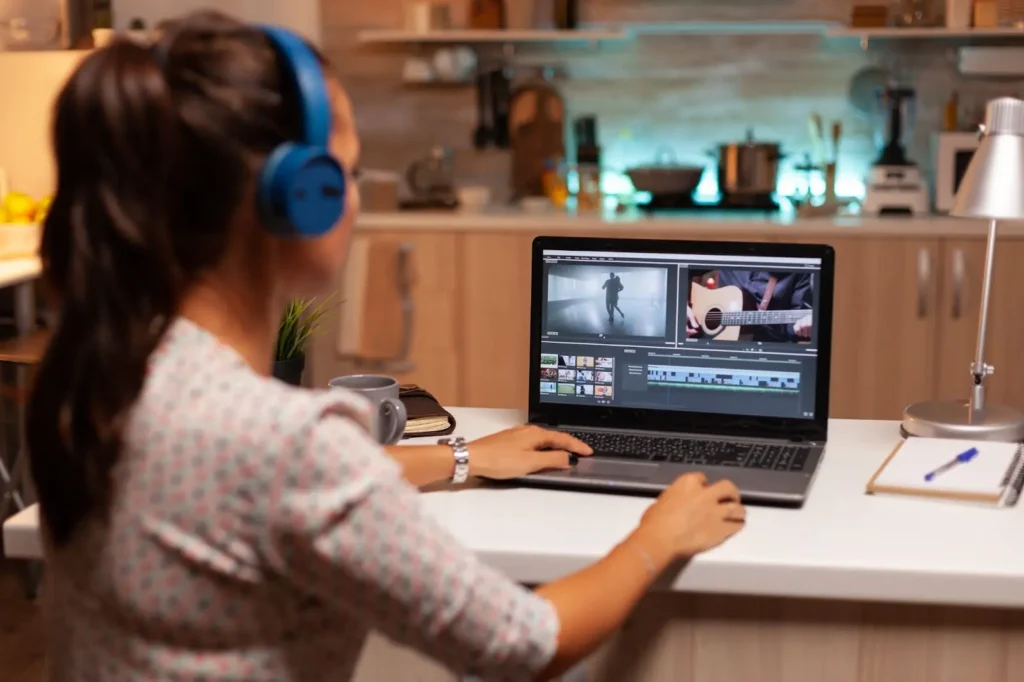Buying your first home is nothing short of an exciting time.
For many people, it is a milestone, and while it can be easy to jump the gun and start planning how you want that oh-so-stunning living room to look, it is important to make buying the home easier.
As any homeowner will tell you, buying your first home is no easy thing, and is likely to be one of the most stressful times in your life. If you haven’t done any research into the process, it is easy to become overwhelmed and to heighten the stress of the situation.
In this article, you will be walked through some ironclad tips for making buying your first home easier, and, hopefully, you will have the keys in your hand soon!
Understand Stamp Duty Changes
In line with the new tax year, potential homeowners will need to be aware that in April 2025, new stamp duty charges will take effect. When you are buying your first home, at the time of writing, properties that are priced at under £300,000 will remain exempt. If you are looking to buy a home up to £500,000, you will incur a 5% rate. So, yes, if you want a home that is priced at £300,001, you will have to pay stamp duty on it!
For some, it is worth looking at a lower-end house, or, if you want one that is more on the expensive side, you will need to factor in these changes to avoid unexpected costs (which is the last thing you need when house hunting). There are many stamp duty calculators online that can help you estimate the final cost and help you budget accordingly.
Get Your Finances In Order Early
Saving for a deposit is hard and when it comes to buying a home, it is not the only thing that you will need to consider. Luckily, in 2025, it is predicted that mortgage interest rates will slowly stabilize, and as such, the chances of getting a lower-rate mortgage are higher. Only, however, if you have all of your finances lined up and in order.
Be sure to check your credit score and, if it is low, try to get a credit card that will help you to grow it. You will also need to set money aside for the cost of a solicitor, surveys, and moving costs. It can also be worth looking at getting a mortgage in principle with a lender or a bank. This will showcase to the final mortgage provider that you are serious about the mortgage, and that you are financially ready and able to take it on.
Prep For Viewings
For many people who are buying their first home, the viewing of potential properties comes with a great deal of excitement. What does the kitchen look like? How big is the garden?
It is all too easy to focus on the aesthetics and as unfortunate as it may be (and as much as it may take the magic out of the equation) when you are viewing houses to buy, you will need to dig a little deeper.
This means you will need to look for the obvious red flags and the more subtle ones. Are there any damp patches, or structural cracks? Is there an issue with the kitchen wiring?
You will need to think logically: is it worth buying a fixer-upper that is cheap, but will need hundreds of thousands of pounds in renovation, or is it more effective to buy a newer home that requires nothing done to it, but is more expensive upfront? Major renovations can put a serious strain on your budget, so consider getting a conveyancing solicitor to go with you to view the property and make an assessment.
If needed, book a second viewing and ask as many questions as possible.
Don’t Forget About Government Schemes
There are lots of government schemes that are available to help those who are looking to climb onto the property ladder.
There is the First Homes Scheme, which offers discounts of up to 30% on new builds for buyers who are eligible. Next, for those who may not have a lot of money put aside, there is the Shared Ownership scheme, which allows buyers to purchase a portion of the property, and pay rent on the rest, with the ability to increase their share of ownership as time goes on.
Lastly, there is the Lifetime ISA, which allows potential buyers to save up to £4,000 a year and then receive a 25% government bonus towards their deposit.






